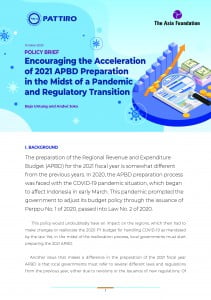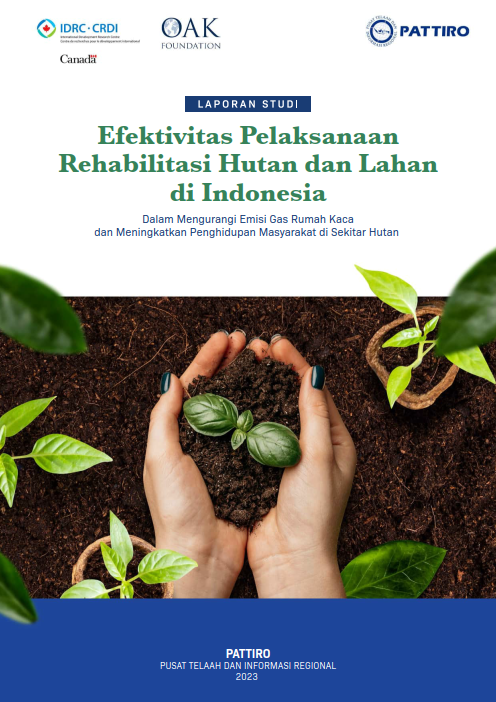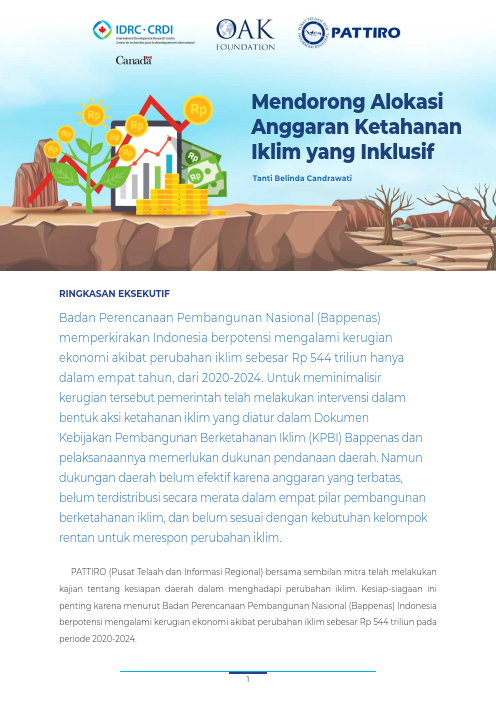 The preparation of the Regional Revenue and Expenditure Budget (APBD) for the 2021 fiscal year is somewhat different from the previous years. In 2020, the APBD preparation process was faced with the COVID-19 pandemic situation, which began to affect Indonesia in early March. This pandemic prompted the government to adjust its budget policy through the issuance of Perppu No. 1 of 2020, passed into Law No. 2 of 2020.
The preparation of the Regional Revenue and Expenditure Budget (APBD) for the 2021 fiscal year is somewhat different from the previous years. In 2020, the APBD preparation process was faced with the COVID-19 pandemic situation, which began to affect Indonesia in early March. This pandemic prompted the government to adjust its budget policy through the issuance of Perppu No. 1 of 2020, passed into Law No. 2 of 2020.
This policy would undoubtedly have an impact on the regions, which then had to make changes or reallocate the 2020 FY budget for handling COVID-19 as mandated by the law. Yet, in the midst of the reallocation process, local governments must start preparing the 2021 APBD.
Another issue that makes a difference in the preparation of the 2021 fiscal year APBD is that local governments must refer to several different laws and regulations from the previous year, either due to revisions or the issuance of new regulations. Of course this change requires local governments to make adjustments. The regulation that has changed in connection with the preparation of the APBD is Government Regulation (PP) No. 58 of 2005, replaced by PP No. 12 of 2019 concerning Regional Financial Management. Meanwhile, the new regulations are Permendagri No. 70 of 2019 concerning Regional Government Information Systems (SIPD) and Permendagri No. 90 of 2019 concerning Classification, Codification and Nomenclature of Regional Development and Financial Planning.
The situation mentioned above caused many local governments to experience delays in carrying out the stages of the budgeting process. Based on Permendagri No. 64 of 2020 concerning the Guidelines for the Preparation of the 2021 APBD, the regional government should have submitted the Draft APBD to the DPRD by the end of September for discussion. However, based on information traced from various reports and statements of several regional government representatives in the Local Governance Forum organized by PATTIRO on 17 September 2020, many regions have only finished compiling General Budget Policies and Temporary Budget Ceiling Priorities (KUA-PPAS). The KUA-PPAS should have been completed by the second week of July 2020. It is feared that this delay will have an impact on further delays in ratifying the APBD, which in turn will have an impact on delays in the delivery of public services. Therefore, a specific strategy is needed to accelerate the preparation of the 2021 APBD in the midst of a pandemic and regulatory transition.




